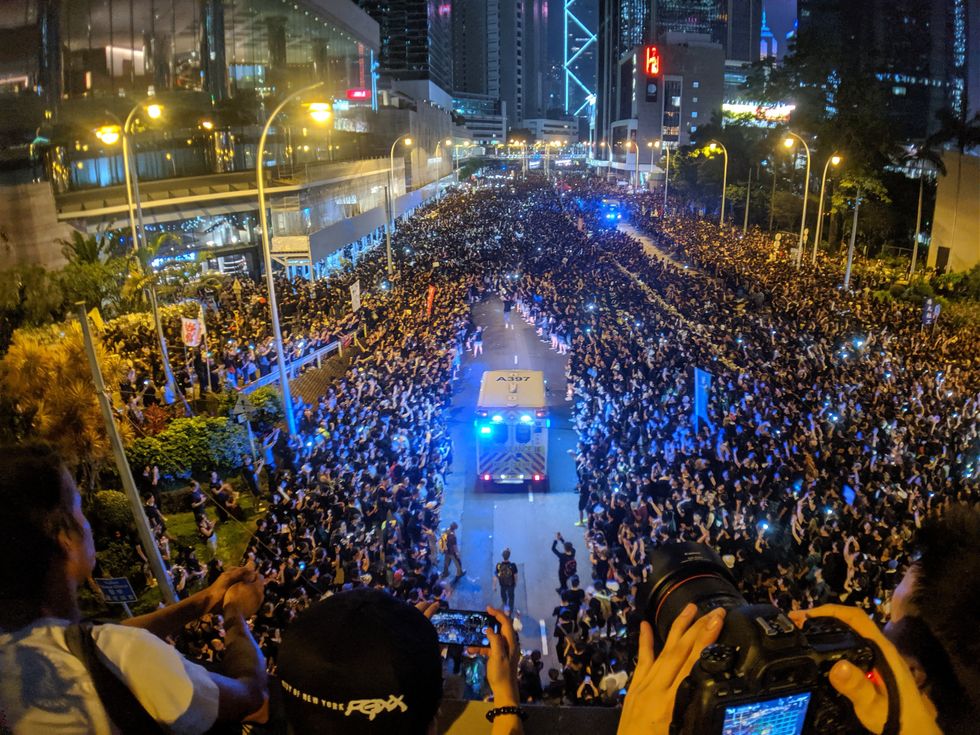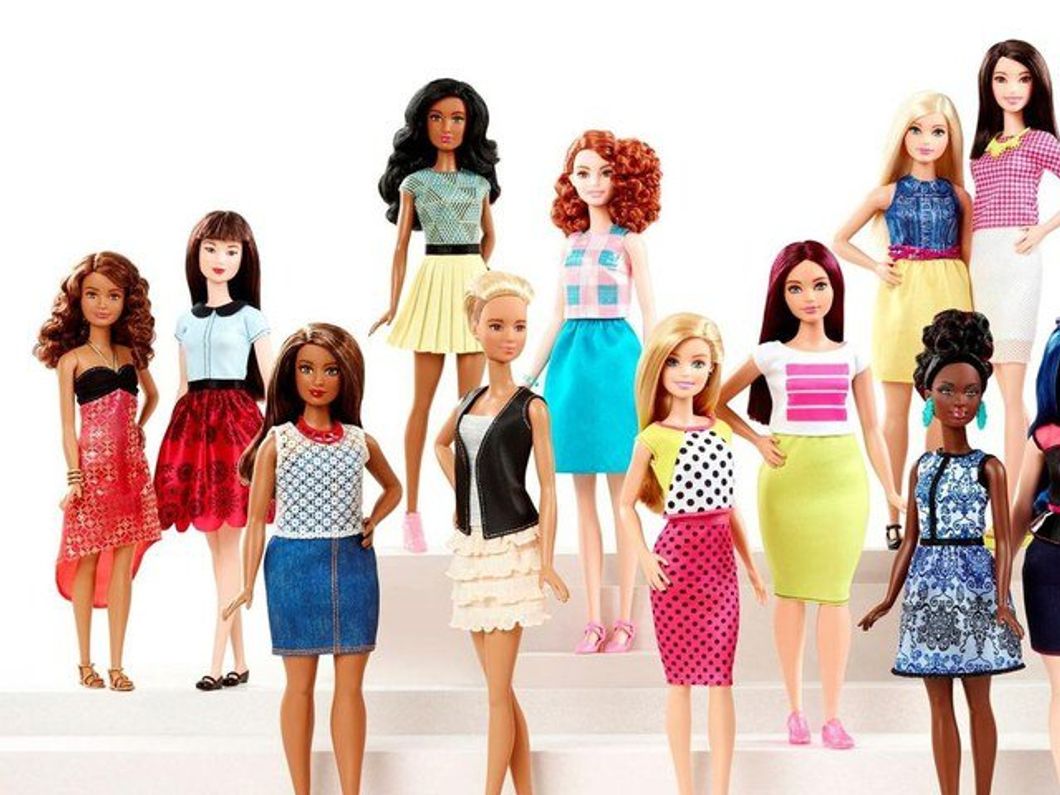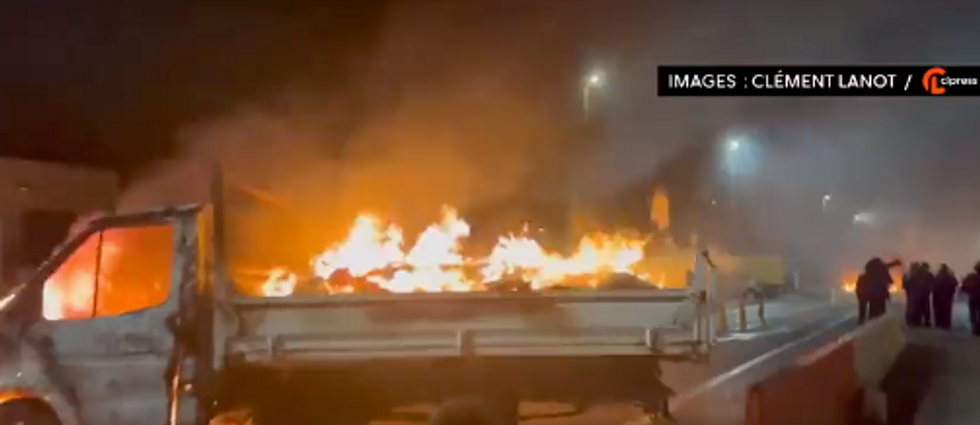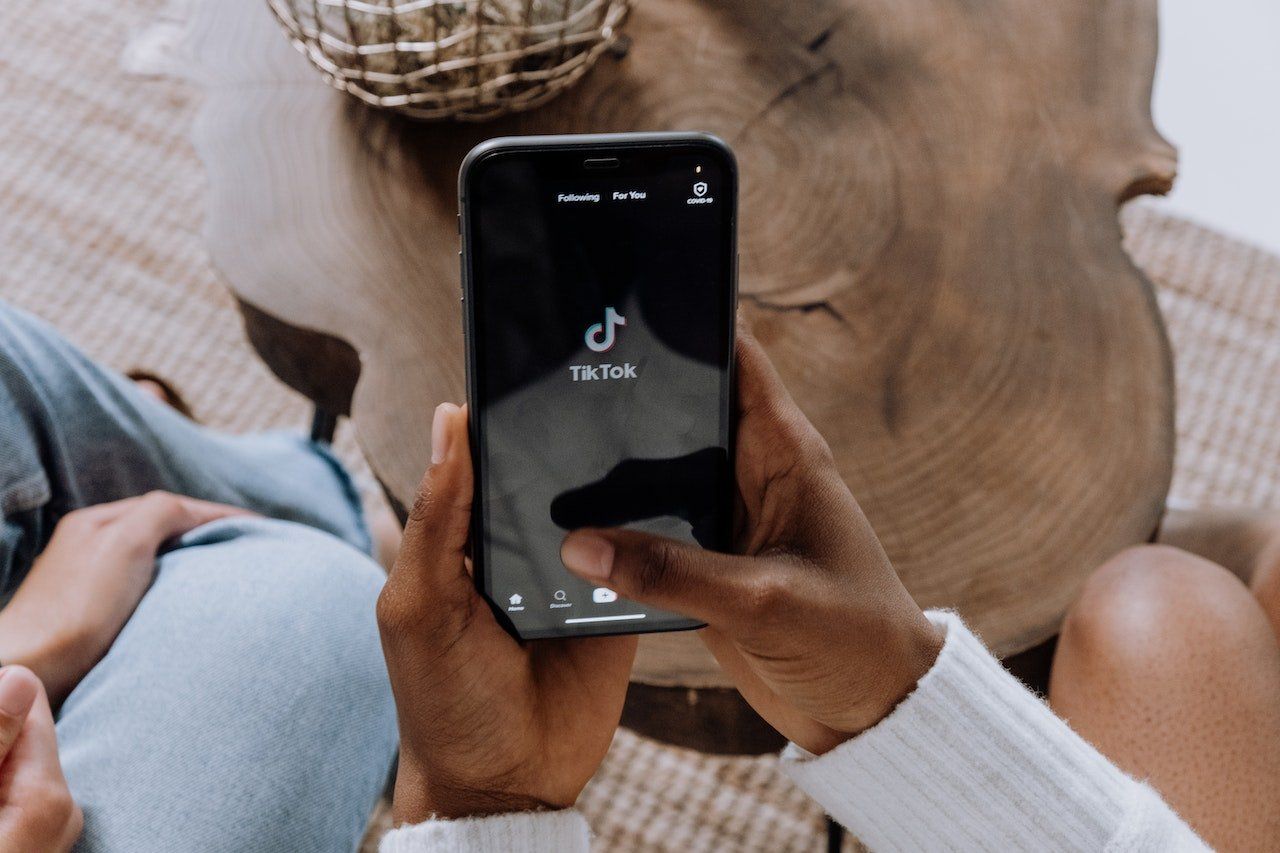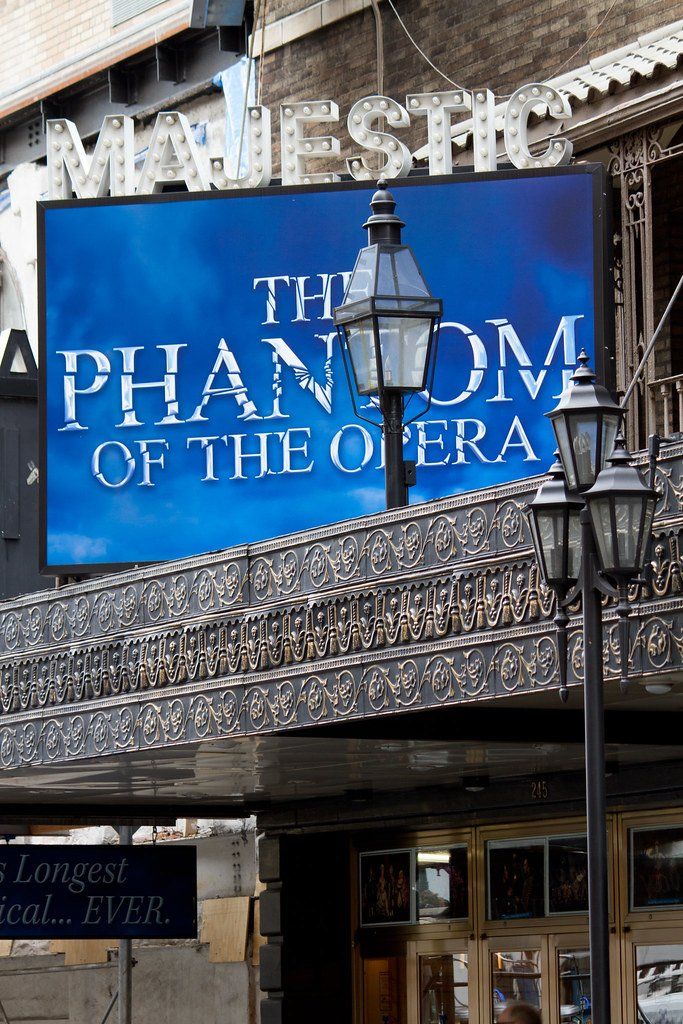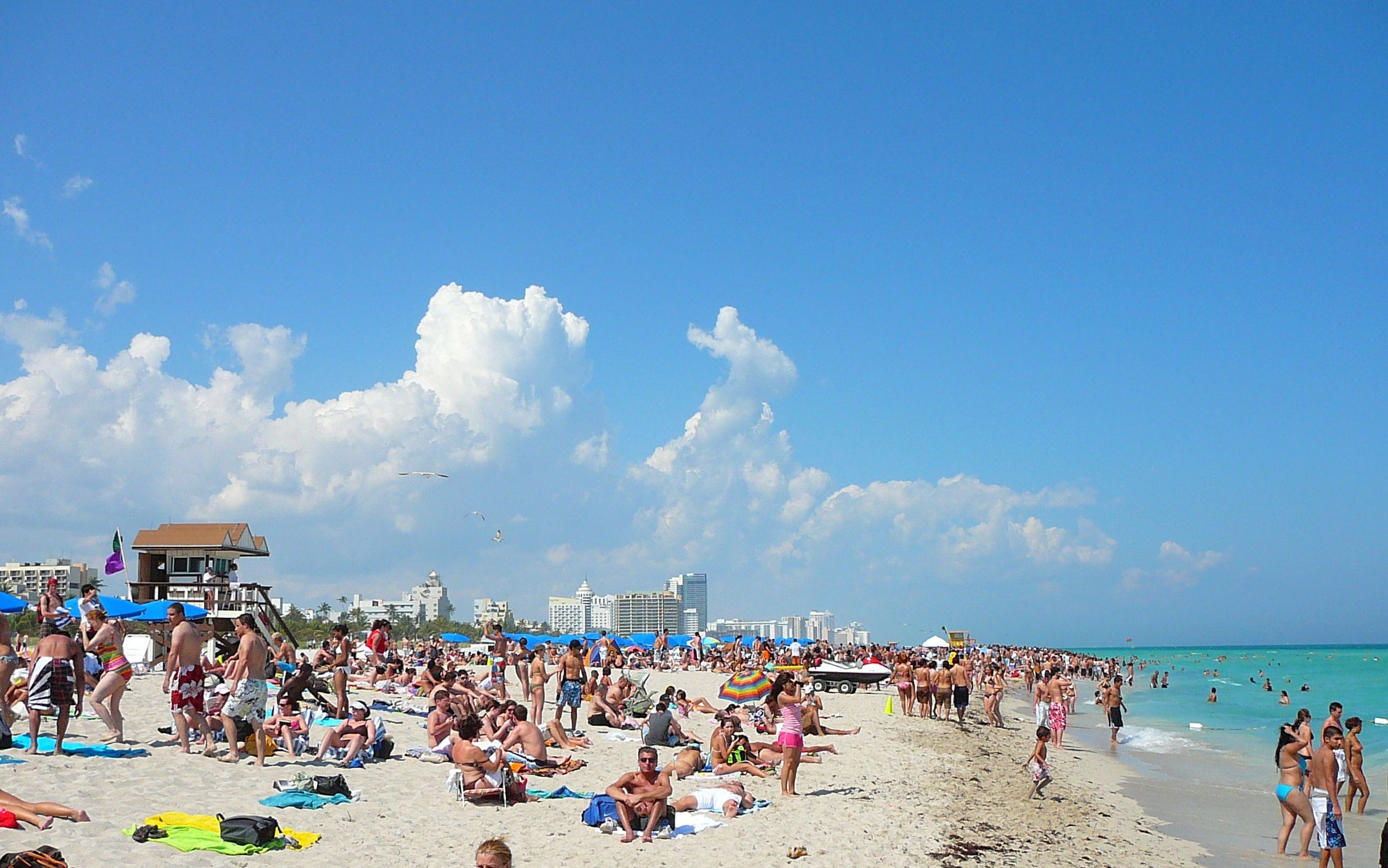Over the last three months, massive protests have engulfed Hong Kong in a display of resistance against the Chinese government attempting to exert more control over the region. The demonstrators say they're protesting an oppressive government and a police system that abuses its power.
Originally, the protests began in response to a new Chinese extradition bill. This bill attempts to compromise the Hong Kong political and justice system by allowing fugitives to be extracted from Hong Kong and tried for their crimes in jurisdictions that Hong Kong does not have any control over. The Hong Kong government would lose authority over the verdict and fate of its citizens. The bill is so broad, critics say, it could be used to extract political activists and try them under pro-communist judges in mainland China.
Recommended for you
The first major protest against the extradition bill occurred on June 9, 2019, in which a sizable march took place estimated at 1.03 mil by CHRF convenor Jimmy Sham (the police reported a substantially different amount, reported at a mere 240,000).
The protests have not been without violence. Nineteen people have been arrested and 358 people had their profiles recorded, resulting in a clash comparable to the 2014 Umbrella Movement. Similarly to the 2014 Umbrella movement, everyday citizens decided to take action against legislation above their individual control by demonstrating that they would not stand by and allow their government to become increasingly oppressive.
Currently, as a result of the millions of voices in protest and how they have been handled, Carrie Lam, the chief executive of Hong Kong, is facing severe pressure to either step down from her position, or immediately call for change.
While Chinese troops have been speculated to be nearing the Hong Kong border, several US politicians have expressed support for the protestors. As tensions heat up, both sides have been urged to refrain from violence and remain peaceful while the political process plays out.

